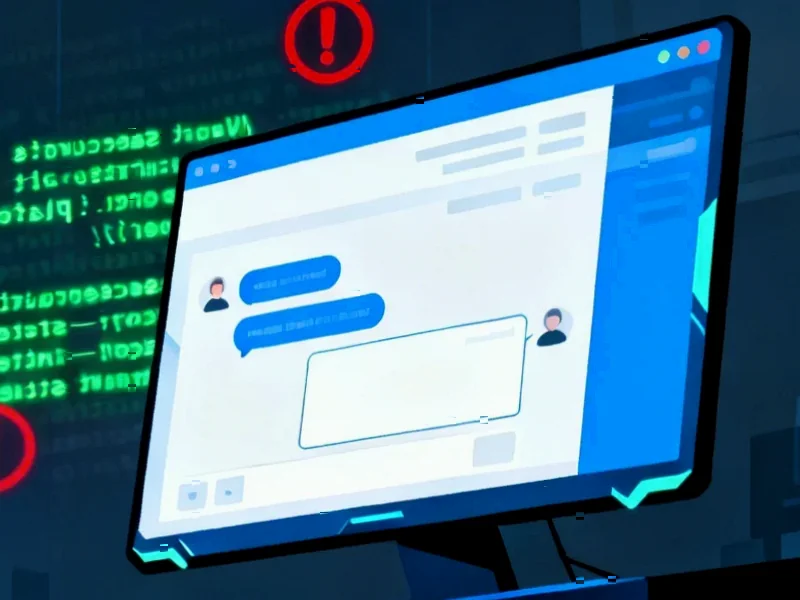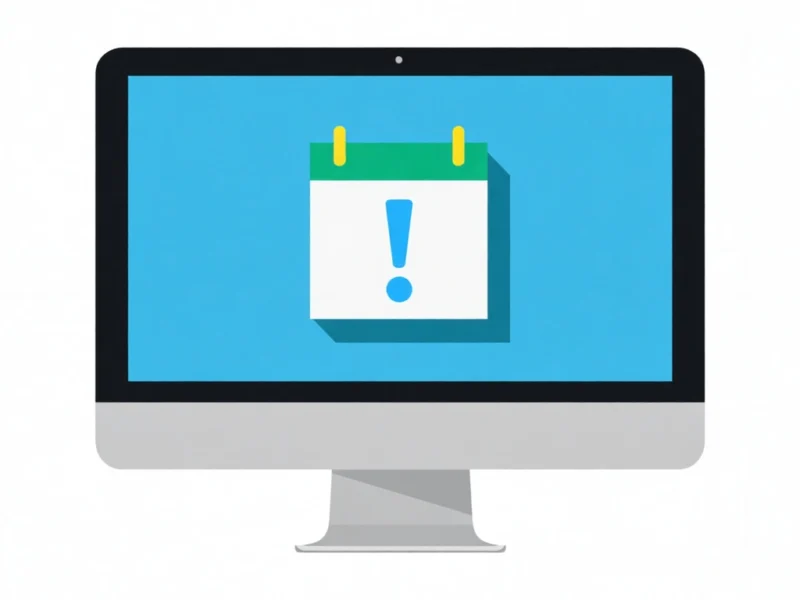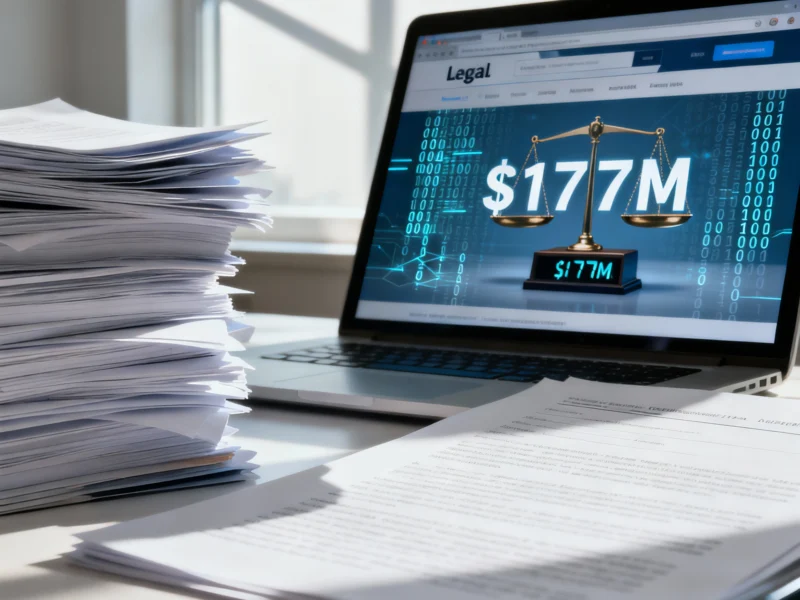According to PCWorld, infostealer malware has become significantly more dangerous in just the past year. While previous data breaches mainly contained weak passwords for less important sites, modern infostealers now capture highly sensitive login information for banking, email, and cryptocurrency accounts. These malicious programs operate stealthily by performing their advertised functions to avoid detection, meaning victims often don’t realize they’re compromised until fraudulent activity appears. The shift means that what used to be annoying password leaks now threaten users’ most critical digital assets. Security experts recommend avoiding this risk by using reliable apps and browser extensions with good reputations alongside high download numbers.
<h2 id="why-free-software-risks-grew”>Why free software risks grew
Here’s the thing about infostealers – they’re basically the perfect crime. They do what they promise while quietly hoovering up your most valuable digital credentials in the background. And we’re not talking about your random forum login anymore. These things are grabbing banking details, email access, even cryptocurrency wallets. The scary part? You might not know for months until someone empties your accounts or takes over your digital life.
Safer alternatives exist
But you don’t have to live in fear or break the bank. There are plenty of trustworthy free alternatives that won’t compromise your security. For image editing, services like Adobe Express and Canva handle basic projects without requiring any installation at all. That’s the key insight here – the safest software might be the kind that never touches your hard drive. Browser-based tools eliminate the risk of installing malicious code while still getting the job done.
Streamlining your digital life
Look, we’ve all been guilty of installing every shiny new extension or utility that promises to make our lives easier. But every piece of software you add is another potential vulnerability. PCWorld’s advice to keep your PC and browser streamlined makes perfect sense when you think about it. Fewer installed programs means fewer things to monitor, update, and worry about. It’s digital minimalism for security purposes – and honestly, your computer will probably run faster too.
Changing security mindset
So what’s the takeaway here? Basically, we need to stop treating free software as harmless. The landscape has shifted dramatically, and the stakes are much higher now. When millions of passwords get dumped, they’re not just from random shopping sites anymore – they’re the keys to your entire digital kingdom. The good news is that awareness and simple changes in habits can dramatically reduce your risk. Isn’t that worth a few minutes of research before you click “install”?




